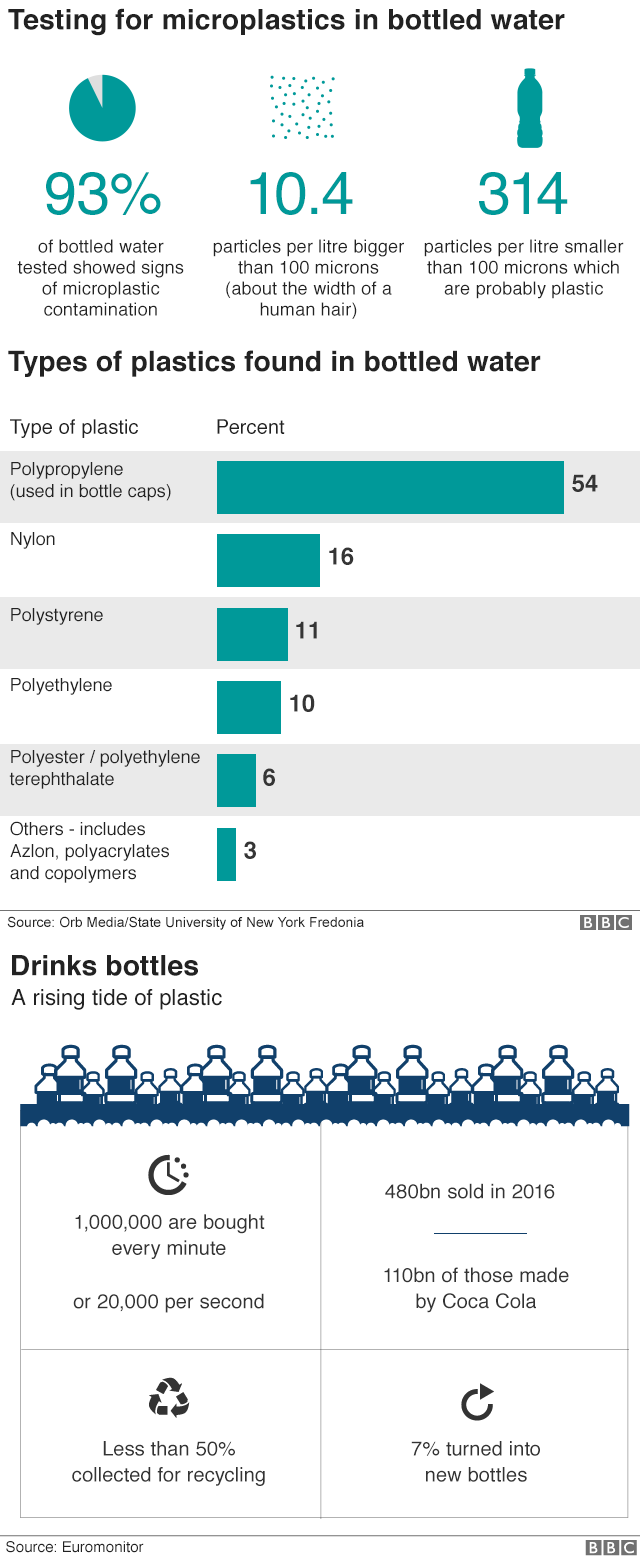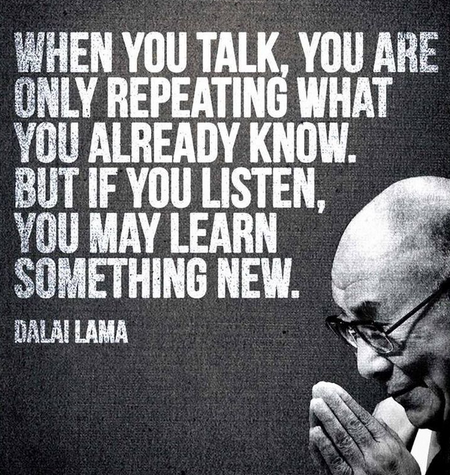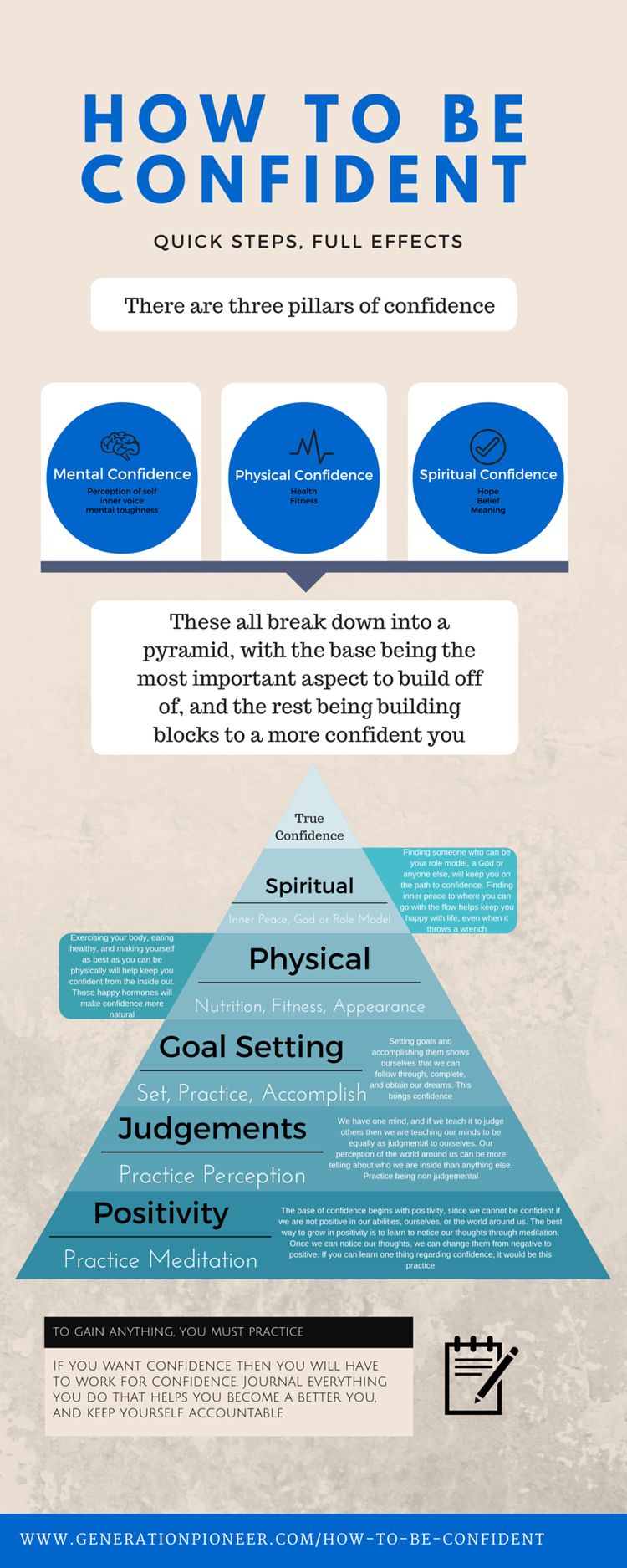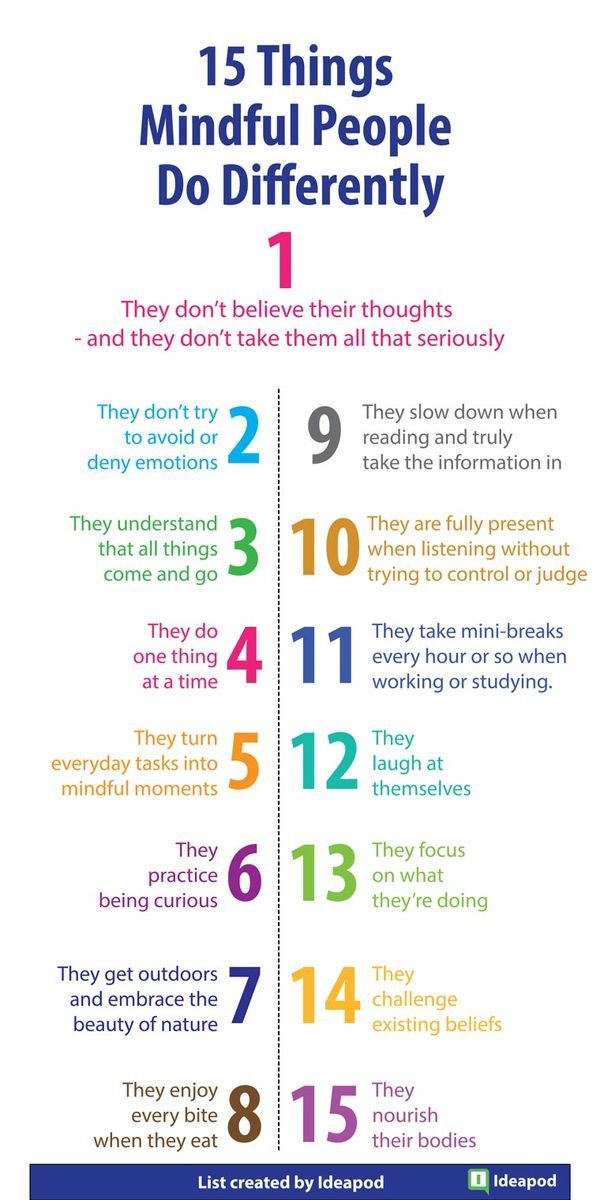’Gods are fragile things, they may be killed by a whiff of science or a dose of common sense.’
Chapman Cohen (1868 – 1954)





3Dprinting (185) A.I. (935) animation (356) blender (224) colour (242) commercials (53) composition (154) cool (375) design (662) Featured (95) hardware (319) IOS (109) jokes (141) lighting (302) modeling (161) music (189) photogrammetry (199) photography (758) production (1312) python (108) quotes (501) reference (318) software (1386) trailers (311) ves (579) VR (221)
POPULAR SEARCHES unreal | pipeline | virtual production | free | learn | photoshop | 360 | macro | google | nvidia | resolution | open source | hdri | real-time | photography basics | nuke
Category: quotes
-
Gods are fragile things
-
Richard Dawkins on humanity genes challenge
Gist of Richard Dawkins thoughts on current life style:
One of the biggest challenges we are all facing is that our genes are a critical factor in guiding our well being. These genes have been built around living for tens of thousands of years in a complete different environment than our current, modern life style.
How our body and mind is reacting to that is one of the biggest question in modern humanity.
-
-
Cognitive Fallacies with Dr. Richard E. Nisbett – How do we react to and read people?
https://smartdrugsmarts.com/episodes/220-errors-richard-nisbett/
Many scientific and philosophical ideas can be applied with great effects in our everyday lives.
-
Plastic particles found in bottled water
http://www.bbc.com/news/science-environment-43388870
http://news.bbc.co.uk/2/shared/bsp/hi/pdfs/14_03_13_finalbottled.pdf
Tests on major brands of bottled water have found that nearly all of them contained tiny particles of plastic.
-
The best way to win an argument with the opposite sex
https://familyshare.com/29243/the-best-way-to-win-an-argument-with-your-spouse
1. Know your facts
2. Be ready to see your spouse’s perspective
3. If you can’t be open-minded, at least pretend to be
4. Keep your emotions in check
5. Remain hopeful that your spouse will see your side
6. Respect your spouse
-
Albert Einstein – Is the Universe a Friendly Place?
http://soundingline.org/sockpuppet-einstein/
God does not play dice with the universe
Fake Einstein was right. The difference between a universe with some sort of Providential dynamic and one that is completely contingent, accidental and indifferent is vast, and that’s why religious debates are such a weighty part of human history.
But the problem with this question as phrased is that it assumes there is only one answer, as if it’s not a matter of perspective.
First of all, there’s the difference between a cosmic perspective and a human perspective, a difference the real Einstein grasped fluently.
“I believe in Spinoza’s God, who reveals himself in the harmony of all that exists,” he said (in a verifiable quote), “not in a God who concerns himself with the fate and the doings of mankind.”
But even in terms of the fate and doings of mankind, it’s still a matter of perspective, because whether the universe can be seen as a friendly place or not has a lot to do with the distribution of luck.
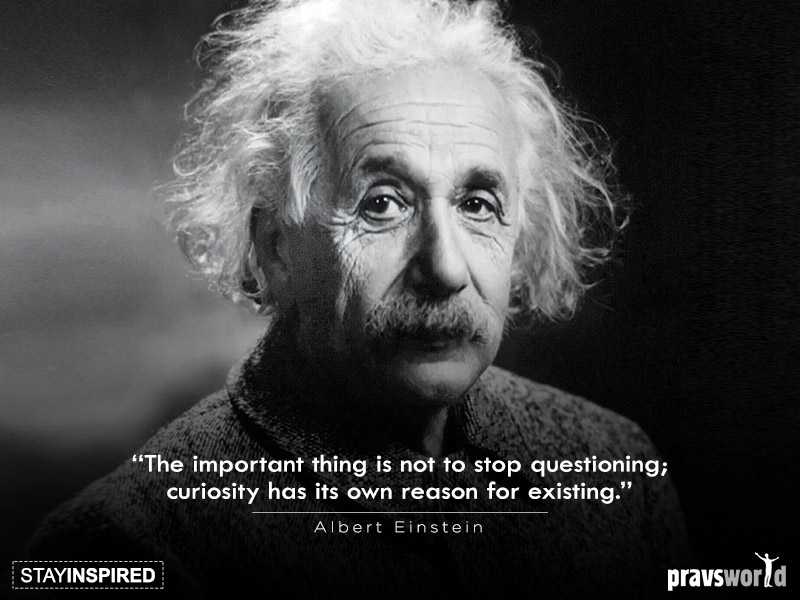
“I believe in Spinoza’s God, who reveals himself in the harmony of all that exists,” he said (in a verifiable quote), “not in a God who concerns himself with the fate and the doings of mankind.”
The universe runs its course, us willing or not. Its course is dynamic and ever changing. As such, if we do not adapt to its terms and flow, we will be still assimilated by it, one way or another.
In other words. “Eventually Earth will just rid of us as a bad case of fleas…”
COLLECTIONS
| Featured AI
| Design And Composition
| Explore posts
POPULAR SEARCHES
unreal | pipeline | virtual production | free | learn | photoshop | 360 | macro | google | nvidia | resolution | open source | hdri | real-time | photography basics | nuke
FEATURED POSTS
-
Ethan Roffler interviews CG Supervisor Daniele Tosti
-
Ross Pettit on The Agile Manager – How tech firms went for prioritizing cash flow instead of talent (and artists)
-
Game Development tips
-
Survivorship Bias: The error resulting from systematically focusing on successes and ignoring failures. How a young statistician saved his planes during WW2.
-
Generative AI Glossary / AI Dictionary / AI Terminology
-
HDRI Median Cut plugin
-
UV maps
-
HoloCine – Holistic Generation of Cinematic Multi-Shot Long Video Narratives
Social Links
DISCLAIMER – Links and images on this website may be protected by the respective owners’ copyright. All data submitted by users through this site shall be treated as freely available to share.


